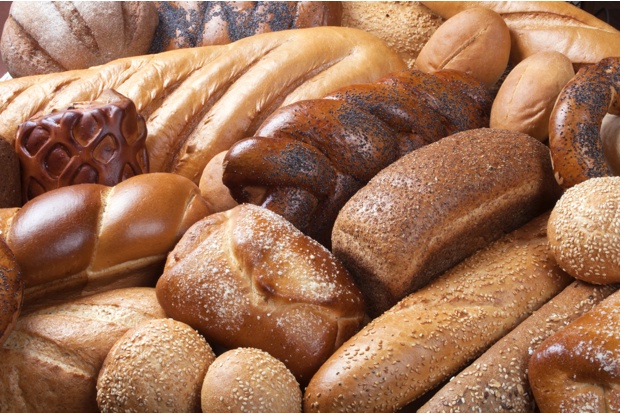If Manchester University is to be believed, last year saw a creeping advance of effete southern language into the gritty north. Roll, for example, is more widely accepted as the name of a little loaf of bread.
Certainly I remember 40 years ago asking in a Manchester baker’s for some rolls. The shop assistant genuinely didn’t understand what I wanted. I soon discovered that for crispy-crusted little round rolls I should ask for cobs, or for larger, flatter, softer rolls, I should say barm cakes.
In a survey of 1,400 people between Moray and Cornwall, the School of Languages, Linguistics and Cultures at Manchester found that only 5 per cent say cob, and 14 per cent barm. In its summary of findings, barm cake is not mentioned. This seemed odd to me, since barm means literally yeast. But other enquiries suggest that, particularly in compounds expressing fillings (bacon barm, even pasty barm), the cake is not expressed. There seems a parallel here with north-eastern stotty cake.
I do feel that the Manchester survey has oversimplified things, for it is not just a question of different words, but of different things. The stotty cake is quite like a large bap. In Aberdeen there are things called rowies (or butteries), flat and crusty and made with whipped lard. In Dorset, modified bread dough is baked into knobs, regarded by some as biscuits. Stotty, rowie and knob do not figure in the Manchester survey, but 36 per cent of respondents gave the generic word roll.
Even in convinced roll areas, shoppers would have to specify the kind of roll – perhaps a bridge roll (a name of unknown origin) of oval cross-section, probably striated on the top and given an egg wash before baking — rather genteel I think, for tea outdoors in the summer, with egg and cress filling. A muffin, pikelet and crumpet are very different things, even if in the north-west muffin is used generically, as bun is in the north-east.
In 1978, The Linguistic Atlas of England, inspired by Harold Orton, was published. I think it is time we had a Linguistic Atlas of English Bread, online, updatable and accompanied by recipes. A project for 2014.
Got something to add? Join the discussion and comment below.
Get 10 issues for just $10
Subscribe to The Spectator Australia today for the next 10 magazine issues, plus full online access, for just $10.
You might disagree with half of it, but you’ll enjoy reading all of it. Try your first month for free, then just $2 a week for the remainder of your first year.















Comments
Don't miss out
Join the conversation with other Spectator Australia readers. Subscribe to leave a comment.
SUBSCRIBEAlready a subscriber? Log in